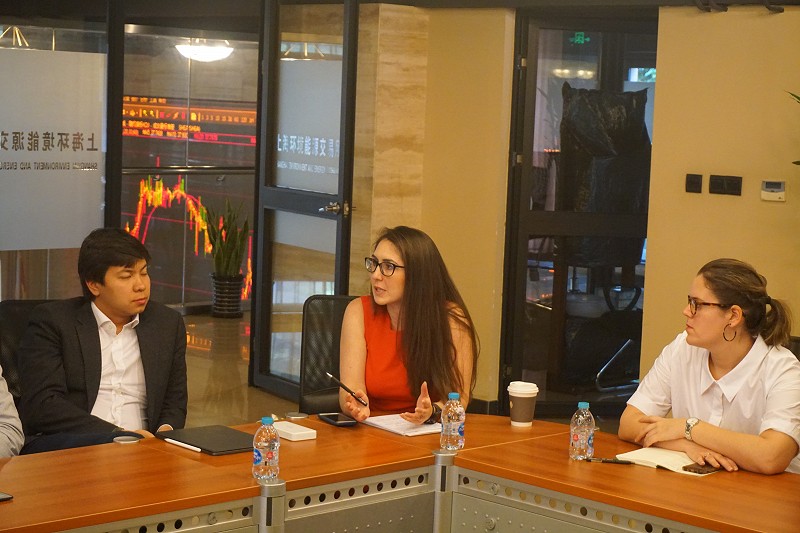I’m grateful for the opportunity to cap my John F. Kennedy School of Government at Harvard University studies with a visit to China, especially at a time of diplomatic tension, as our two countries negotiate over trade.
Over the course of ten days, our group of 18 students visited the prosperous metropolises of Beijing, Chengdu, and Shanghai. Each city’s population dwarfs that of the cities we are accustomed to in the United States. For example, the population of Shanghai is over 26 million versus 8 million for New York City. Beijing and Shanghai have a greater population than the nation of Kazakhstan! This visit has left me impressed by China’s progress, increased my appreciation for the United States of America, and highlighted the importance of building mutual cultural understanding.
China’s progress and growth in the last seventy years is astounding. Our nations have both benefited from a capitalistic system that has raised the standard of living for millions. At the same time, both nations have also left millions behind. The income inequality in China is stark. We met with the Sichuan Poverty Alleviation Alliance and learned about their success reducing the extreme poverty in the province. They use a variable rate of poverty that equates to just over $530 U.S. dollars a year. While on this trip we stayed at 5-star hotels and visited gorgeous shopping malls with Tesla, Gucci, and every other luxury brand one could want. It’s difficult to reconcile China being classified as a developing nation when there are so many millionaires. One of our speakers touched on this and Westerners disbelief of the developing moniker. I look forward to continuing to follow the progress of China and seeing how they address their income inequality. Both of our countries should do more to ensure wealth does not become concentrated at the top.
The progress China has made is impressive and should be heralded, but does come at a cost. In order to make such impressive progress, Chinese citizens have been relocated, religious liberty curtailed, and information censored. I appreciate being a citizen of a democratic republic and our guaranteed freedoms. After enjoying such freedom, it’s difficult for me to imagine living in a country like China with such restrictions on liberty. It will be interesting to see if China can continue growth of 6% without allowing complete free flow of information and ideas.
I leave China with additional questions and convinced that our people should spend more time with each other to build mutual understanding. It’s clear that we have different styles, cultures, and priorities, but our future as world powers depends on appreciating where the other side is coming from culturally. Again, I’m grateful for this opportunity to visit China and learn about a country that has made such incredible progress.
Jamie Lockhart, pursuing a Master in Public Administration, has a decade of professional experience in nonprofits, organizing, and policy. Most recently, she served as National Director of Mission: Readiness, a nonprofit organization of over 700 retired admirals and generals strengthening national security through evidence-based investments in children. She is also a certified group fitness instructor and triathlete.
In Spring 2019, she participated in our Harvard Kennedy School Exchange Program where she visited Beijing, Chengdu and Shanghai.
